FAQ
-
Who can call the hotline?
Our helpline operates around the clock, providing continuous assistance to individuals in search of support pertaining to issues related to domestic violence.
The hotline extends its accessibility beyond survivors; individuals encompassing friends, family, professionals, and others are encouraged to reach out without hesitation.
-
Am I being abused?
Recognizing instances of abuse within a relationship can be a challenging task, as the severity of domestic violence tends to escalate over time. While this checklist is not an complete "Danger Assessment," it serves as a valuable tool to determine potential warning signs of abuse. If you answer yes to any of the questions below, we strongly urge you to contact our hotline at 407-330-3933 for immediate assistance.
Does your partner threaten to kill you, the children, friends/family or themselves?
Does your partner prevent you from seeing friends or family?
Does your partner have access to weapons? Have they ever threatened you or used a weapon against you?
Has your partner ever used their hands or an object to choke or strangle you?
Has your partner ever said statements like, “You can never leave me;” “If I can’t have you, no one else can;” “Death before divorce”?
Has your partner stalked you, taken you hostage or abducted you (held you or taken you against your will)
Do you have access to your finances? Does your partner demand receipts from your purchases or give you an allowance?
Does your partner prevent you from gaining or maintaining employment?
-
What is domestic violence and what are the different types of abuse?
Domestic violence is a pattern of controlling behaviors that is used by one partner to gain or maintain power and control over another intimate partner.
Types of abuse:
Physical
Emotional
Sexual
Digital
Economic or Financial
Religious
Stalking/Cyberstalking
-
Are the hotline calls confidential?
Hotline calls are confidential unless they involve child abuse, elder abuse, vulnerable adult abuse, or a threat to harm yourself or someone else. The hotline advocates will provide a more detailed explanation when you reach out. Remember, each situation is handled on a case-by-case basis.
-
How do I see if the shelter has availability for me?
For this information, it's best to connect with the hotline and engage in a conversation with one of our advocates. This way, you can freely share your own story, and the advocate can provide personalized guidance based on your specific situation.
-
What if I don't want/need shelter, can you still help me?
Yes, please call the hotline to discuss Outreach services.
-
What services does SafeHouse provide?
Our services include personalized case management to help navigate complex situations, empowering support groups where individuals can connect and heal together, and confidential counseling resources to address emotional and psychological needs. We also offer vital legal assistance to guide survivors through legal processes, emergency shelter for immediate safety, and dedicated court support. Additionally, we provide specialized assistance for those navigating the criminal justice system and interactions with the Department of Children and Families (DCF).
-
Are services provided confidential?
All services offered by SafeHouse are confidential. Our dedicated advocates are available to address any questions or concerns through our helpline at 407-330-3933.
-
Financials

